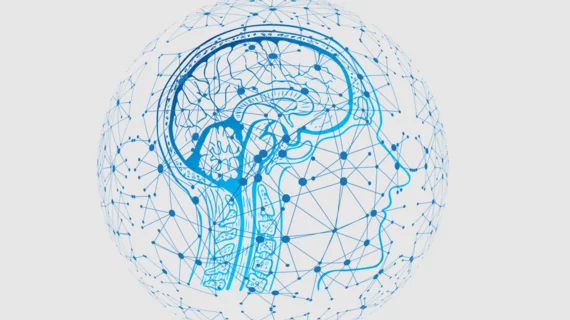Google, NIH converge on Arkansas over medical AI education, advancement
Data scientists and software engineers at the University of Arkansas have been awarded more than $140,000 by the NIH to educate biomedical researchers on the growing role of AI in big-data analytics.
The awardees also will work with software engineers at Google and experts at the NIH’s National Institute of General Medical Sciences to “address the computational requirements of artificial intelligence-driven research through the use of cloud computing,” according to a news release sent by the university Aug. 1.
The three-way collaboration will yield cloud-based learning modules specifically for biomedical researchers seeking to apply AI to “enhance and streamline data analysis for different types of medical and scientific images,” the school says.
Directing the university’s effort is data science professor Justin Zhan, PhD, who notes that big data is “transforming health and biomedical science.”
Emerging data technologies like AI and machine learning, he adds, are “rapidly expanding the quantity and variety of imaging modalities, for example, which can tell doctors so much more about their patients.”
More:
[T]his transformation has created challenges, particularly with storing and managing massive data sets. Also, while the big data revolution transforms biology and medicine into data-driven sciences, traditional education is responding slowly. Addressing this shortcoming is part of what we’re trying to do.”
Working closely with Zhan are biomedical engineer Kyle Quinn, PhD, of the university and Lawrence Cornett, PhD, director of the Arkansas IDeA Network of Biomedical Research Excellence (INBRE) at the University of Arkansas for Medical Sciences, which is administering the grant, according to the announcement.
In addition, case studies for the learning modules will be developed with support from the data science and imaging and spectroscopy cores of the Arkansas Integrative Metabolic Research Center, the school adds.
Full announcement here.

